Why Healthcare Needs a Digital Assistant
Healthcare should be about people, not paperwork. But for many clinics, doctors, and administrative teams, time is eaten up by repetitive tasks like form entry, billing errors, and denied claims. Sound familiar? If you’re a clinic or healthcare provider struggling with inefficiency and growing admin demands, you’re not alone. This post will help you understand what Medical RPA (Robotic Process Automation) is, how it solves these problems, and what it could mean for your practice’s future—faster reimbursements, less burnout, and more time for patients.
Quick Guide:
- What Is RPA in Healthcare?
- Top Use Cases of Medical RPA
- Key Benefits of Using RPA in Medical Practices
- How MedVoice Powers AI-Driven RPA Solutions
- FAQs About Medical RPA
What Is RPA in Healthcare and How Does It Work?

- Auto-fill forms
- Match insurance info
- Process billing codes
- Submit claims
- Monitor credentialing deadlines
How Medical Practices Are Using RPA Right Now
RPA is already transforming clinics across the country. Some of the most valuable applications include:- Patient Intake & Scheduling Automates data capture and appointment reminders.
- Medical Billing & Coding Applies correct CPT/ICD codes, checks for completeness, and flags denials.
- Revenue Cycle Management (RCM) From claims submission to A/R follow-up, RPA speeds it all. Explore RCM optimization.
- Transcription & Clinical Documentation Converts voice notes into clean, structured EHR entries. Learn about medical scribing.
- Credentialing Ensures provider info is up-to-date across networks and payers. See credentialing services.
What Results Can RPA Deliver in Healthcare?

- 15% increase in collections
- 30% faster claims processing
- 98% clean claims on first submission
- 40% fewer A/R days
- 15+ hours saved weekly on admin tasks
Why MedVoice Is Built for RPA-Enhanced Workflows

- Fully integrated with major EMR/EHR platforms
- 100% HIPAA-compliant
- Backed by AI-assisted tools for transcription, coding, and medical record review
- Delivered with free practice management software
- Designed to reduce denials, accelerate cash flow, and improve documentation accuracy
Why Trust MedVoice for RPA?
At MedVoice, we’ve spent over 20 years helping healthcare practices streamline billing and documentation. With over 98% clean claim rates and seamless EMR integration, we’ve made RPA both powerful and practical.External stat:According to McKinsey, 36% of healthcare tasks could be automated with current technologies, including RPA.
FAQs About Medical RPA
Is RPA the same as AI?
No. RPA follows rules—it automates tasks. AI learns and adapts. When used together (as MedVoice does), they create smarter, faster workflows.
Is RPA secure for handling patient data?
Yes. At MedVoice, all RPA tools are HIPAA-compliant, using encrypted, audit-tracked systems.
Can I use RPA with my current EMR?
Absolutely. RPA bots work with your existing systems like a human would—no need for new platforms.
How fast can RPA show results?
Most clients see improved revenue and efficiency within 30–60 days of implementation.
The Future of Healthcare Is Automated

Medical RPA is no longer a futuristic concept—it’s a must-have for modern healthcare practices. From automating billing to streamlining patient intake, RPA reduces errors, boosts collections, and gives staff their time back.
If you’re ready to turn automation into your competitive edge, contact MedVoice or schedule a Demo today.
Want to see how RPA fits into your full revenue cycle? Learn more about revenue cycle management services.
Curious about our AI Medical Record Summarization tool? Discover medical record review services.







